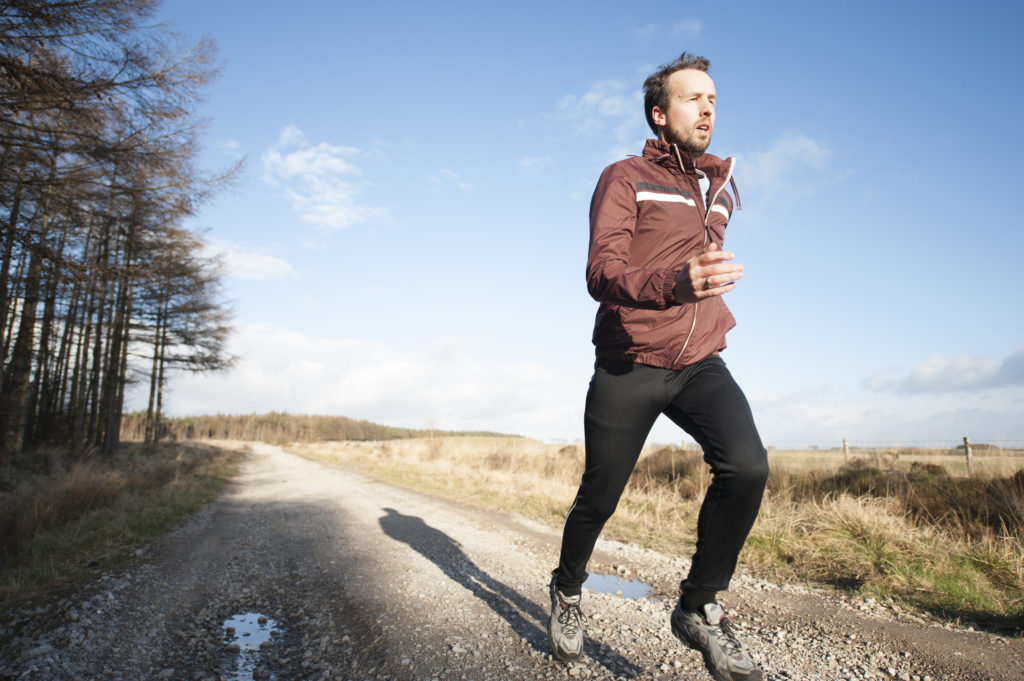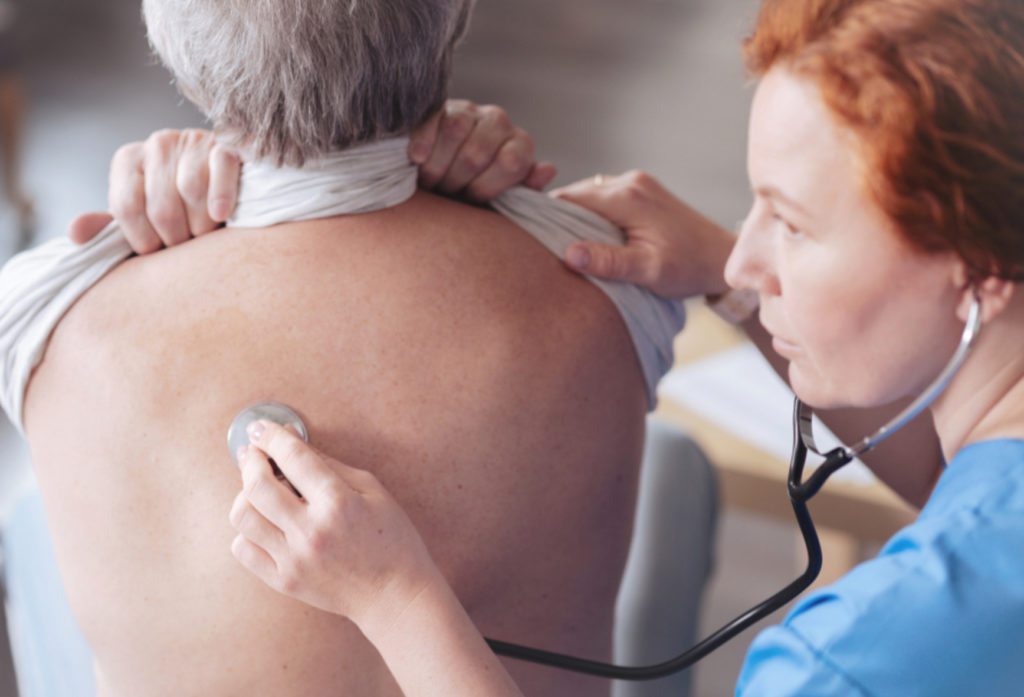
My friend Charles has excellent lungs. When we get together on the weekends, we always do activities that involve being outdoors and breathing fresh air. We participate in hiking, biking, swimming, and running. My friend is always first in everything. He also practices breathing exercises, which help strengthen and maintain his lungs. He is also careful about the air he breathes: he wears a mask in crowded places and avoids areas with a lot of air pollution.
Charles has several ways to ensure his lungs stay healthy, and he takes the health of his lungs seriously. He regularly visits the doctor for check-ups and questions about his lung health. He eats a diet of fruits, vegetables, and whole grains, which gives his lungs the nutrients they need, and limits his intake of processed and fatty foods, which are bad for your lungs. The human body plays a vital role in the lungs, providing oxygen to the blood and removing carbon dioxide from the atmosphere. Without them, we wouldn’t exist.
For your benefit, here are 12 tips.
1 Make sure you set aside time to do breathing exercises. It will take less time than your stretching exercises, but it’s just as important, if not more important. Try to breathe as long as possible through your nose when you run; it helps eliminate unwanted debris and warm up the nasal cavity before it goes into your lungs. Particularly on cold mornings, this is important.
2 The lungs also have several other functions that do not include respiratory function. The lungs protect the heart. They surround the heart and help soften any blows the heart might get. Without this padding, simply bumping into someone could be fatal.
3 Wash your hands properly with regular soap and water. 80% of common respiratory infectious diseases, such as hands, spread colds and flu. You can reduce your risk of being sick by learning how and when to wash your hands.
4 Contaminated air can irritate or even destroy lung tissue. Even a low level of air pollution can cause health problems. Children, the elderly, and people with chronic illnesses are most vulnerable. Monitor your local air quality index: Stay indoors if outdoor pollution is high.
5 Protect yourself from lung health risks at work. People working in specific fields, such as construction or mining, have an increased risk of developing asthma-related lung diseases. Wear protective equipment, including a gas mask, for dust, asbestos, or chemicals at work.
6 Their physical activities benefit lung health: endurance sports and yoga, which teach you to work your breathing. To integrate into your daily life: walking, cleaning, gardening, singing. All are beneficial because they favor expansive breathing, cardiac adaptation, and muscle tone.
7 It is optional to practice an intensive sport from the beginning. The main thing is to start at your pace and gradually accelerate. The main thing is that the practice remains regular. For the laziest, walking is also a sporting activity. The longer the walk, the lower the need for oxygen during exercise. In addition to improving breathing, walking also strengthens the heart.
8 Eating foods rich in antioxidants will help reduce inflammation within the body, which could worsen existing lung conditions like asthma or emphysema. Some examples include blueberries, spinach leaves & broccoli sprouts – all known sources of high antioxidant content that could benefit those wanting better respiration habits over time! Additionally, avoiding processed foods will limit contact with potential chemicals used during food production processes, which may further aggravate already sensitive breathing systems due to their preservatives used during manufacturing processes. Try organic options is always the best practice.
9 Managing stress levels. It’s safe to say that we never considered stress levels damaging to the lungs. But stress is essential for keeping the lungs healthy. Feeling anxious and stressed leads to breaths that result in less oxygen.
10 Drinking throughout the day and fighting too dry environments (heating, air conditioning) favor excellent hydration of our mucous membranes and help the lungs.
11 Avoid tobacco smoke. Smoking is critical in many lung-related diseases, such as lung cancer and COPD (chronic obstructive pulmonary disease).
12 Be aware of medications. Some medications can cause harmful side effects on the kidneys or lungs. Always talk to your doctor before taking new medications to check for possible contraindications.
There are several ways to keep the lungs healthy. Some of these are limiting exposure to environmental pollutants, exercising regularly to improve endurance, and deep breathing. In addition, it is essential to eat a healthy diet rich in fruits and vegetables to nourish the lungs properly. If you follow a plan to keep your lungs healthy, there are significant long-term benefits to your quality of life.
